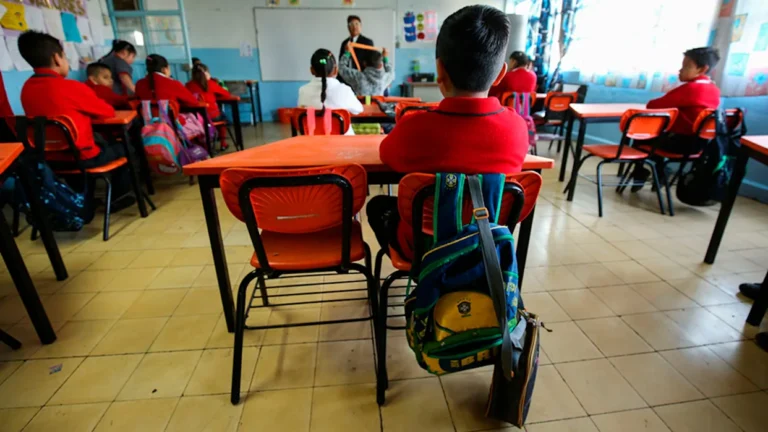Mexico City — A proposed reform to the Federal Labor Law (LFT), currently under debate in the Senate of the Republic, could grant paid leave for mothers and fathers to attend their children's school events. The initiative raises the question of whether it represents an advance towards shared responsibility or an additional burden for businesses.
The Proposed Labor Law Reform
Senator Laura Esquivel Torres of the National Action Party (PAN) is championing this reform to the LFT. Her objective is for workplaces to grant up to 16 hours of paid leave annually, distributed over four occasions, to allow parents to participate in their children's education.
Activities Covered by the Proposed Leave
The permits would cover attendance at specific school-related activities, including:
- School meetings
- Interviews with teachers or administrators
- Academic events or activities
- Meetings concerning the emotional and affective development of the minors
The Legal Vacuum and the Importance of Parental Participation
The initiative argues that while the General Education Law recognizes the importance of parental participation, the Federal Labor Law does not obligate employers to facilitate it. This creates a legal vacuum that prevents this right from being fully exercised.
Data from the Secretary of Public Education (SEP) reveals that a lack of family accompaniment influences school retention rates. The initiative highlights key benefits of parental participation:
- It reduces school absenteeism by up to 24%, according to studies from Johns Hopkins University.
- It improves academic performance, self-esteem, and motivation.
- It encourages homework completion and better classroom behavior.
International Examples and the Debate in Mexico
Other countries, such as New Zealand, Sweden, and Colombia, have already implemented similar measures. In Mexico, this proposal joins other labor reforms seeking to make the work environment more flexible and humane, but it faces the challenge of balancing workers' rights with the needs of businesses.
The central question remains whether this reform to the Federal Labor Law will be a crucial step towards a society that shares more responsibility for its children's education, or if it will generate unnecessary tensions in the workplace.
Discover more from Riviera Maya News & Events
Subscribe to get the latest posts sent to your email.
